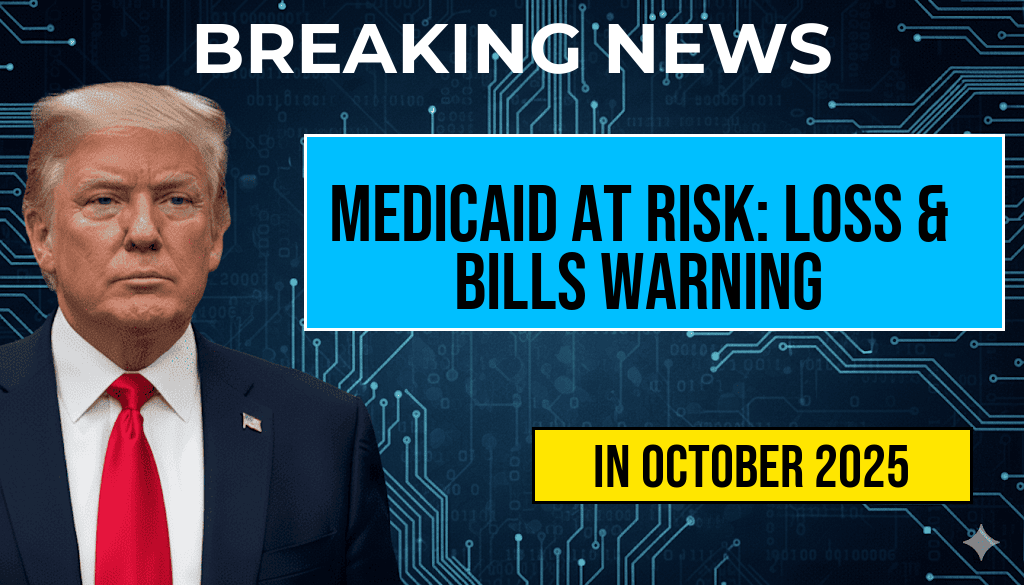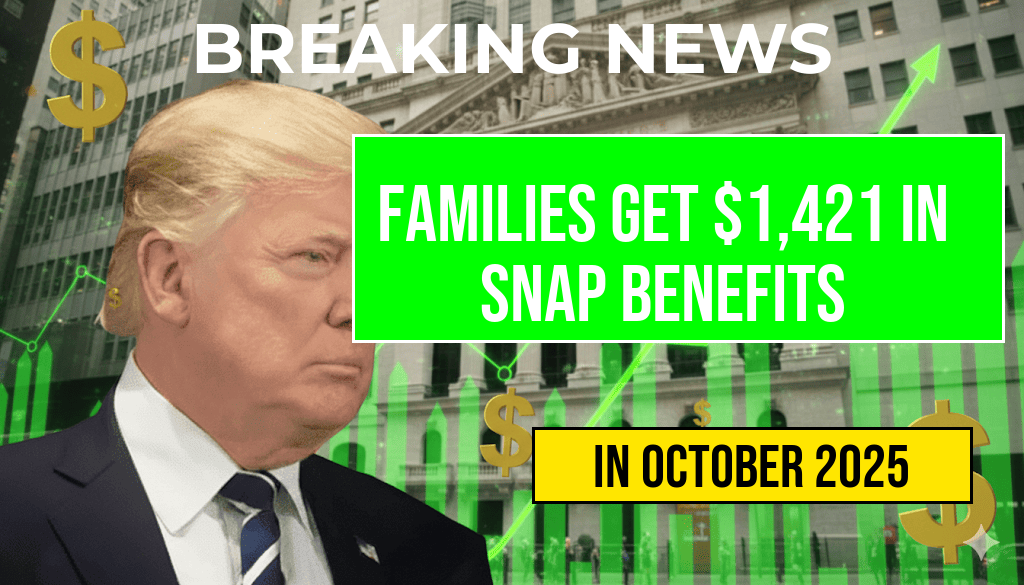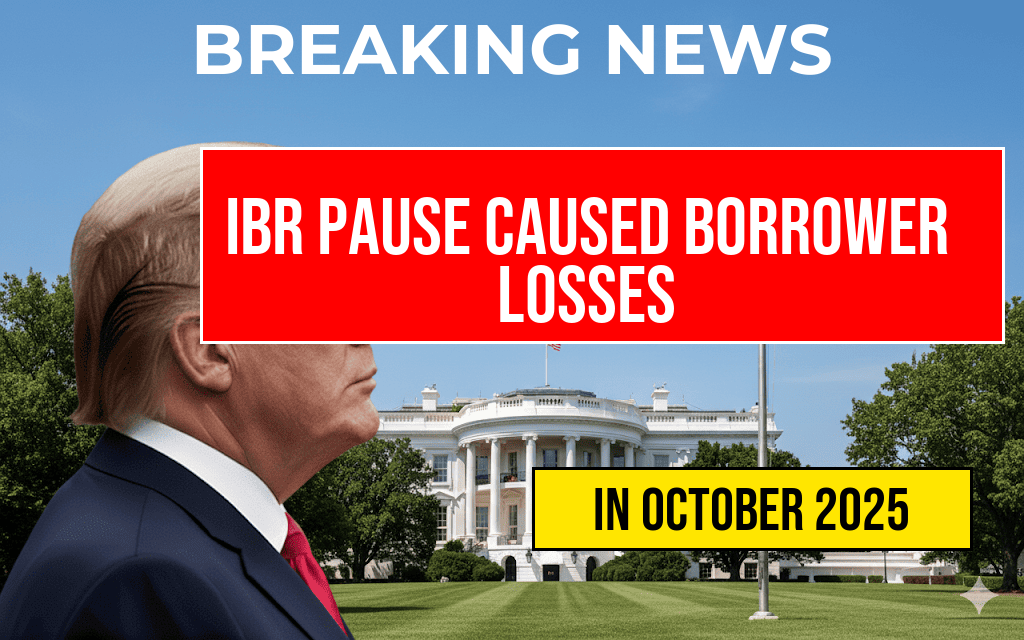Millions of Americans relying on Medicaid could face significant disruptions in their healthcare coverage amid proposed policy changes that threaten to impose steep out-of-pocket expenses, including potential $1,000 emergency room bills. A recent analysis by the Congressional Budget Office (CBO) warns that these changes might lead to a surge in uninsured individuals, reversing years of progress in expanding access to essential health services. The looming threat centers around new eligibility restrictions and cost-sharing requirements that, if enacted, could disproportionately impact vulnerable populations already struggling with healthcare costs, raising concerns among advocates, healthcare providers, and policymakers about the potential erosion of Medicaid’s safety net.
The CBO’s Warning and Policy Context
The CBO report highlights the financial implications of proposed Medicaid policy adjustments aimed at reducing federal spending. While supporters argue that tightening eligibility and enforcing stricter income verification could curb abuse and reduce costs, critics warn these measures risk excluding individuals who rely on Medicaid for critical health services. Specifically, the report estimates that millions could lose coverage or face higher out-of-pocket costs, especially in states that implement stricter enrollment criteria or limit benefits.
Key Components of Proposed Changes
- Increased Cost-Sharing: Patients may be required to pay hundreds or even over a thousand dollars out-of-pocket for emergency services, potentially deterring necessary care.
- Stricter Eligibility Verification: Enhanced income and residency checks could disqualify individuals who previously qualified, especially among transient or low-income populations.
- Work and Community Engagement Requirements: Some states may implement or expand work mandates, which could lead to coverage loss for non-compliant individuals.
Potential Impact on Vulnerable Populations
The proposed policy shifts threaten to disproportionately affect marginalized groups, including low-income families, individuals with disabilities, and seniors. For many, Medicaid serves as their primary source of healthcare, covering services from primary care to emergency treatment. The possibility of facing large bills—such as $1,000 emergency room charges—poses a barrier to seeking timely care, potentially leading to worsened health outcomes and increased reliance on uncompensated emergency services.
Economic and Health Consequences
Research indicates that high out-of-pocket costs can discourage people from seeking care until conditions become severe, which often results in higher overall healthcare costs and poorer health outcomes. According to data from the Medicaid Wikipedia page, this dynamic could strain emergency services and burden hospitals with uncompensated care, further complicating the healthcare system’s ability to provide affordable coverage.
State-Level Responses and Legal Challenges
Several states have expressed concerns about the potential rollback of Medicaid benefits. Some governors and state legislatures have begun exploring legal avenues to oppose federal proposals, emphasizing the importance of maintaining coverage for vulnerable residents. Additionally, advocacy groups and legal organizations are preparing to challenge policies that they argue violate federal protections or undermine the Medicaid expansion achieved under the Affordable Care Act (ACA).
Comparison of State Approaches
| State | Current Policy | Proposed Changes | Potential Impact |
|---|---|---|---|
| California | Expanded coverage with minimal cost-sharing | Possible introduction of stricter income checks | Potential reduction in enrollment among low-income groups |
| Florida | Limited expansion; moderate cost-sharing | Implementation of work requirements | Increased coverage loss among non-compliant individuals |
| New York | Comprehensive coverage with income-based premiums | Potential tightening of eligibility criteria | Possible coverage reductions for transient populations |
Broader Implications for Healthcare Access
The potential reduction in Medicaid coverage could have ripple effects beyond individual health outcomes. Hospitals, especially in underserved communities, could face increased uncompensated care costs, which may translate into higher charges for all patients or reduced services. Moreover, the financial strain on emergency departments might lead to longer wait times and diminished quality of care, further entrenching health disparities.
Expert Perspectives
Health policy analysts warn that the risk of losing Medicaid coverage is not just a matter of individual hardship but a systemic challenge. Dr. Lisa Moore, a healthcare economist at the Urban Institute, emphasized that “any policy that increases financial barriers to essential care could undo decades of progress in reducing health inequities and improving population health.” Similarly, advocacy groups urge policymakers to consider the long-term social costs associated with restricting access to Medicaid.
Next Steps and Public Response
As federal agencies consider finalizing policy adjustments, stakeholders are mobilizing to influence the outcome. Public hearings, legal petitions, and advocacy campaigns are underway to push back against measures that threaten coverage stability. Meanwhile, some states are exploring alternative strategies to maintain expanded access, emphasizing the importance of safeguarding Medicaid as a critical safety net.
For more on Medicaid and healthcare policy developments, visit CDC Medicaid resources and the Kaiser Family Foundation.
Frequently Asked Questions
What is the main concern regarding Medicaid in the recent CBO report?
The CBO warns that millions of Medicaid beneficiaries could lose their coverage due to potential $1,000 emergency room bills that may lead to financial hardship and coverage termination.
How might high emergency room bills impact Medicaid recipients?
High emergency room bills could cause some Medicaid beneficiaries to face financial difficulties, potentially resulting in loss of coverage if they are unable to pay or if policies change to reduce eligibility.
Why is there a risk of losing Medicaid coverage over emergency room bills?
The risk stems from the possibility that unexpected medical expenses like emergency room bills could push individuals beyond income thresholds or trigger policy changes aimed at reducing costs and coverage.
What policy changes could lead to coverage loss for Medicaid enrollees?
Potential policy adjustments, such as strict income assessments or limits on allowable expenses, may result in disenrollment of individuals who incur high medical bills.
What can Medicaid beneficiaries do to avoid losing coverage due to emergency expenses?
Beneficiaries should consider financial planning, exploring assistance programs, and understanding coverage options to manage unexpected medical costs and maintain their eligibility.






